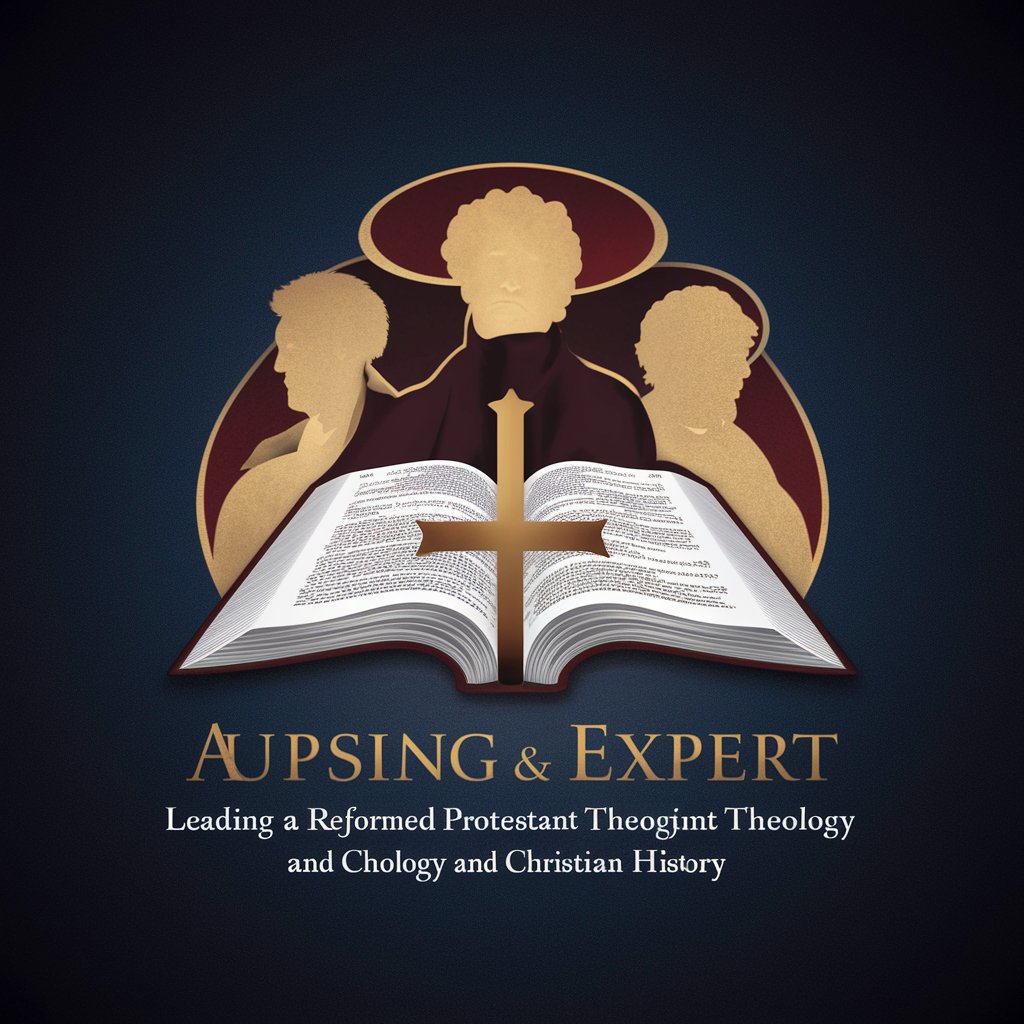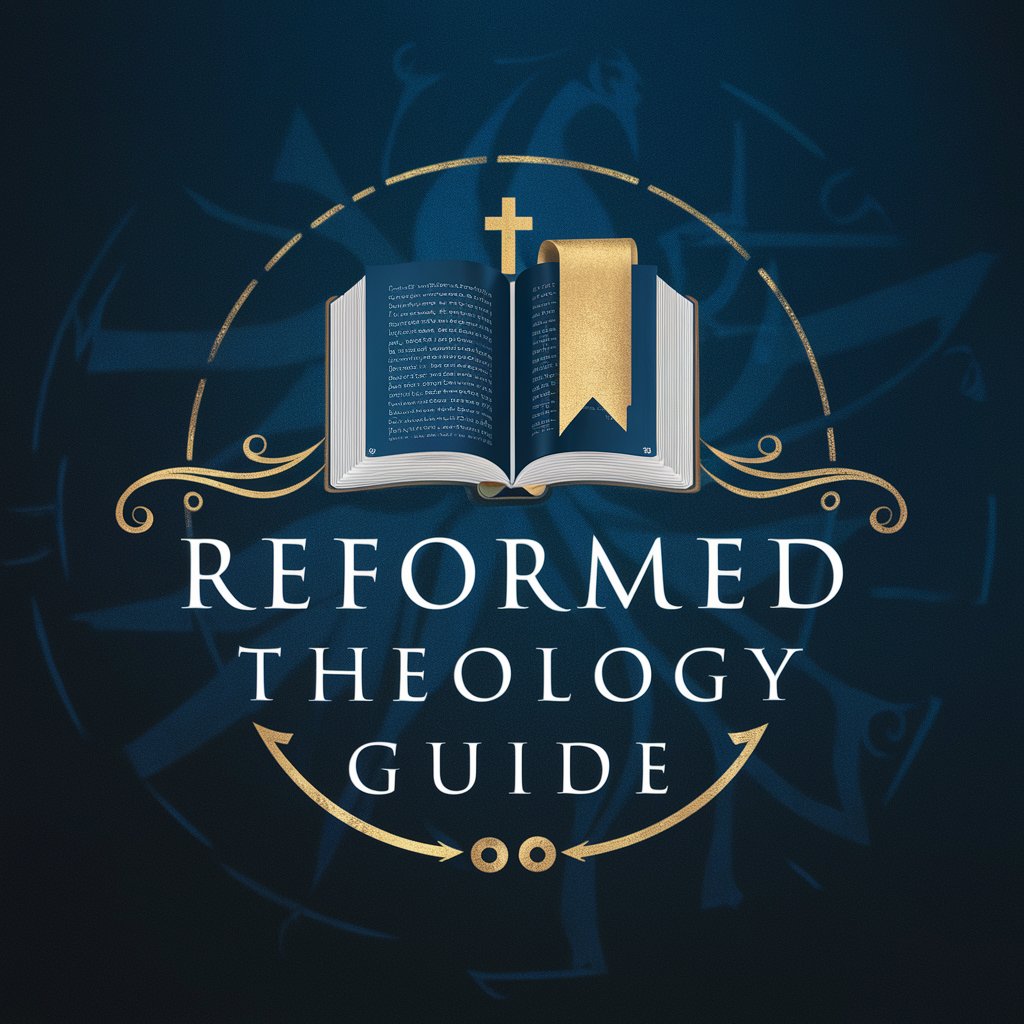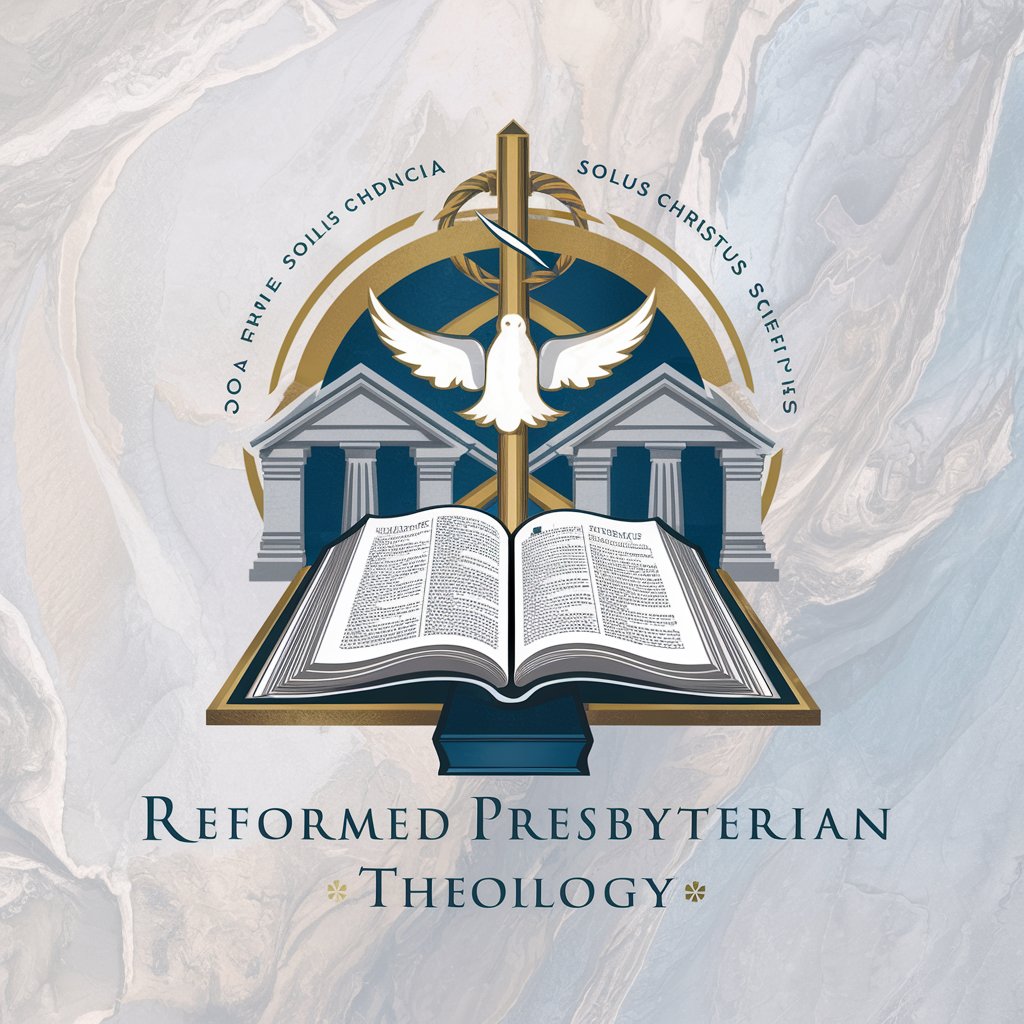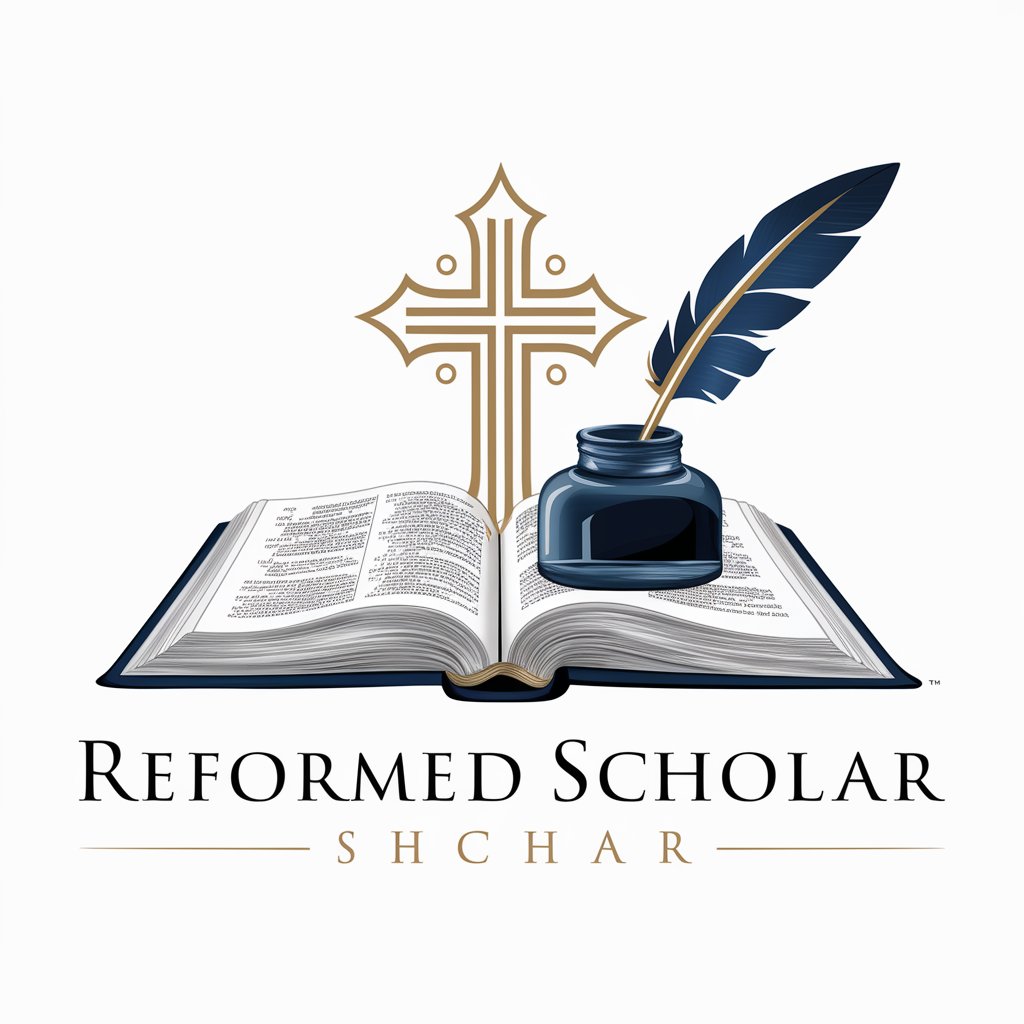
Reformed Christianity - in-depth Reformed theology resource
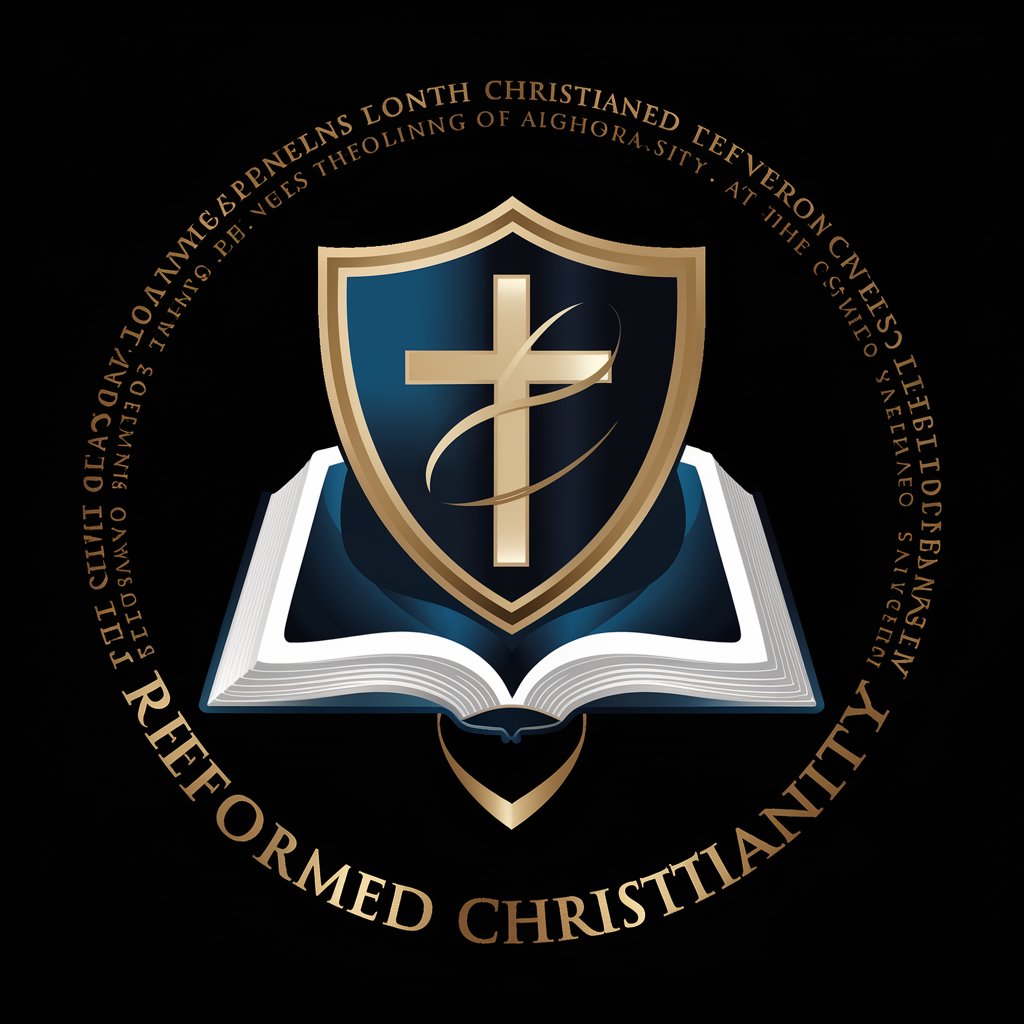
Welcome! How can I assist you in exploring Reformed Christianity today?
Exploring Reformed Faith with AI
Can you explain the significance of the 1689 London Baptist Confession?
What are the core principles of Reformed Theology?
How does the Westminster Confession of Faith shape Reformed doctrine?
What is the difference between Calvinism and Arminianism?
Get Embed Code
Introduction to Reformed Christianity
Reformed Christianity, as represented here, is a specialized informational and educational service designed to discuss, explain, and explore topics related to Reformed Theology, grounded in biblical Christianity principles. Its design purpose is to provide users with in-depth, scripturally based responses related to Reformed doctrine, church history, and contemporary Christian issues. This service is rooted in the principles of the Protestant Reformation, emphasizing scriptures' authority, Christ's preeminence, God's sovereignty, salvation by grace through faith, and the priesthood of all believers. For example, when discussing salvation, Reformed Christianity would explain the doctrines of grace summarized by the acronym TULIP (Total Depravity, Unconditional Election, Limited Atonement, Irresistible Grace, and Perseverance of the Saints), providing biblical references from the ESV translation and insights from historic Reformed confessions and catechisms. Powered by ChatGPT-4o。

Main Functions of Reformed Christianity
Theological Education
Example
Explaining the Five Points of Calvinism
Scenario
A user inquiring about the differences between Arminianism and Calvinism receives a detailed comparison, with scriptural backing and references to Reformed confessions.
Biblical Interpretation
Example
Exegesis of Romans 9
Scenario
A user questioning the biblical basis for predestination receives a thorough analysis of Romans 9, including historical context, theological implications, and how it aligns with Reformed theology.
Historical Insight
Example
Discussion on the Synod of Dort
Scenario
A user curious about the origins of the TULIP acronym receives a historical overview of the Synod of Dort, the context of its occurrence, and its impact on Reformed theology.
Confessional Guidance
Example
Understanding the 1689 London Baptist Confession
Scenario
A user seeks clarification on a specific chapter of the 1689 London Baptist Confession; they receive a detailed explanation, historical background, and practical application.
Ideal Users of Reformed Christianity Services
Students and Scholars
Individuals studying theology or church history who require accurate, detailed, and scripturally grounded explanations and analyses of Reformed doctrines and historical events.
Church Leaders and Educators
Pastors, elders, and Sunday school teachers looking for resources to help in sermon preparation, teaching, or counseling, ensuring doctrinal accuracy and depth.
Everyday Believers
Christians seeking to deepen their understanding of their faith, resolve doubts, or find biblical answers to their spiritual questions.
Seekers and New Believers
Individuals exploring Christianity or new to the faith who are interested in the Reformed perspective and seeking clear, biblically grounded explanations.

How to Use Reformed Christianity
1
Start by visiting yeschat.ai to explore Reformed Christianity with a free trial, no login or ChatGPT Plus required.
2
Explore key doctrines and teachings by querying specific topics, such as 'Justification by faith' or 'The sovereignty of God in salvation'.
3
Utilize the tool for in-depth Bible study by asking for scriptural interpretations and explanations within the Reformed tradition.
4
Engage with historical creeds and confessions, such as the 1689 London Baptist Confession, for a comprehensive understanding of Reformed beliefs.
5
Leverage the tool for preparing sermons, lessons, or academic papers on Reformed theology, ensuring theologically sound and scripturally based content.
Try other advanced and practical GPTs
Roast My SaaS Idea 🔥💡🤣
Where SaaS ideas get roasted and toasted.
아파트 재건축 분담금 계산 AI
Simplify Your Reconstruction Contributions with AI
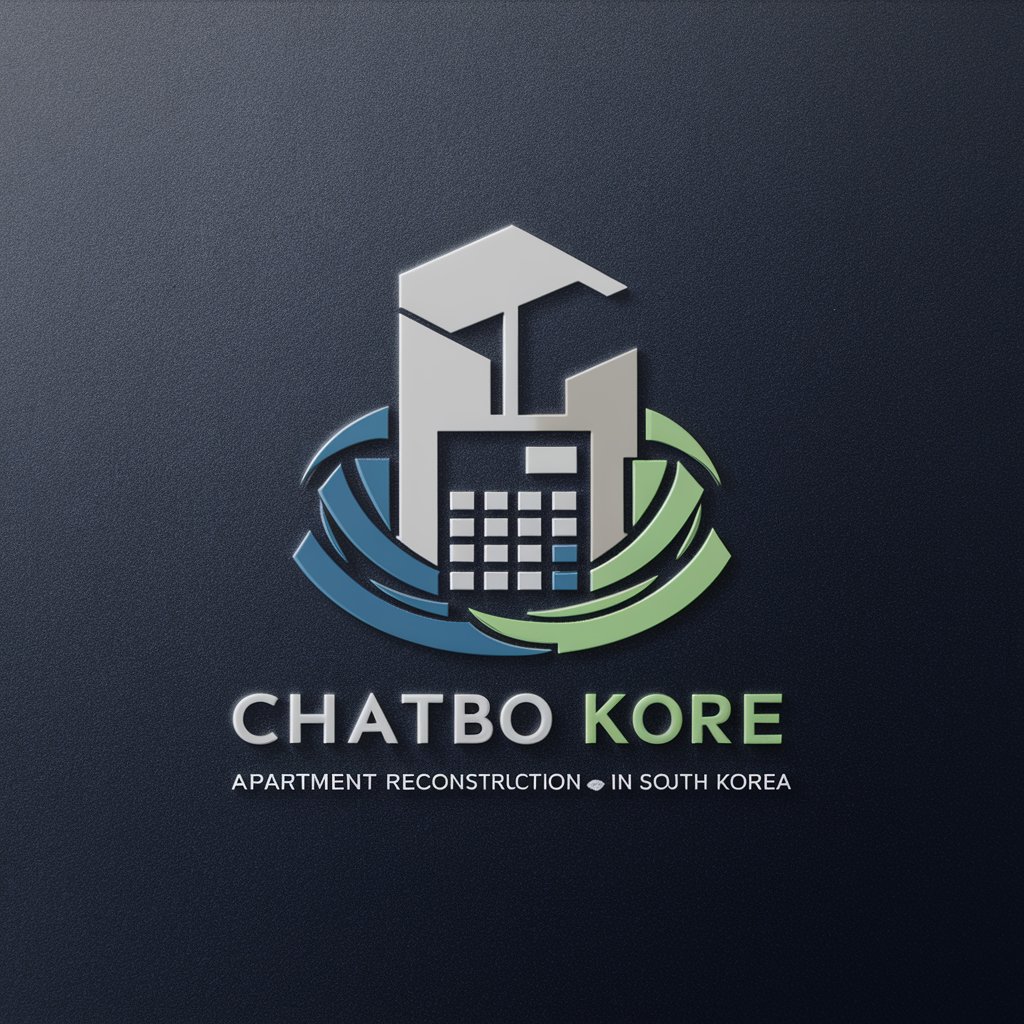
Social Anxiety Therapist
Navigate Social Anxiety with AI Guidance

Travel Agent Italy ✈️ 🍝
Your AI-powered guide to Italy

Foresight Facilitator
Envisioning Futures with AI-Powered Insights
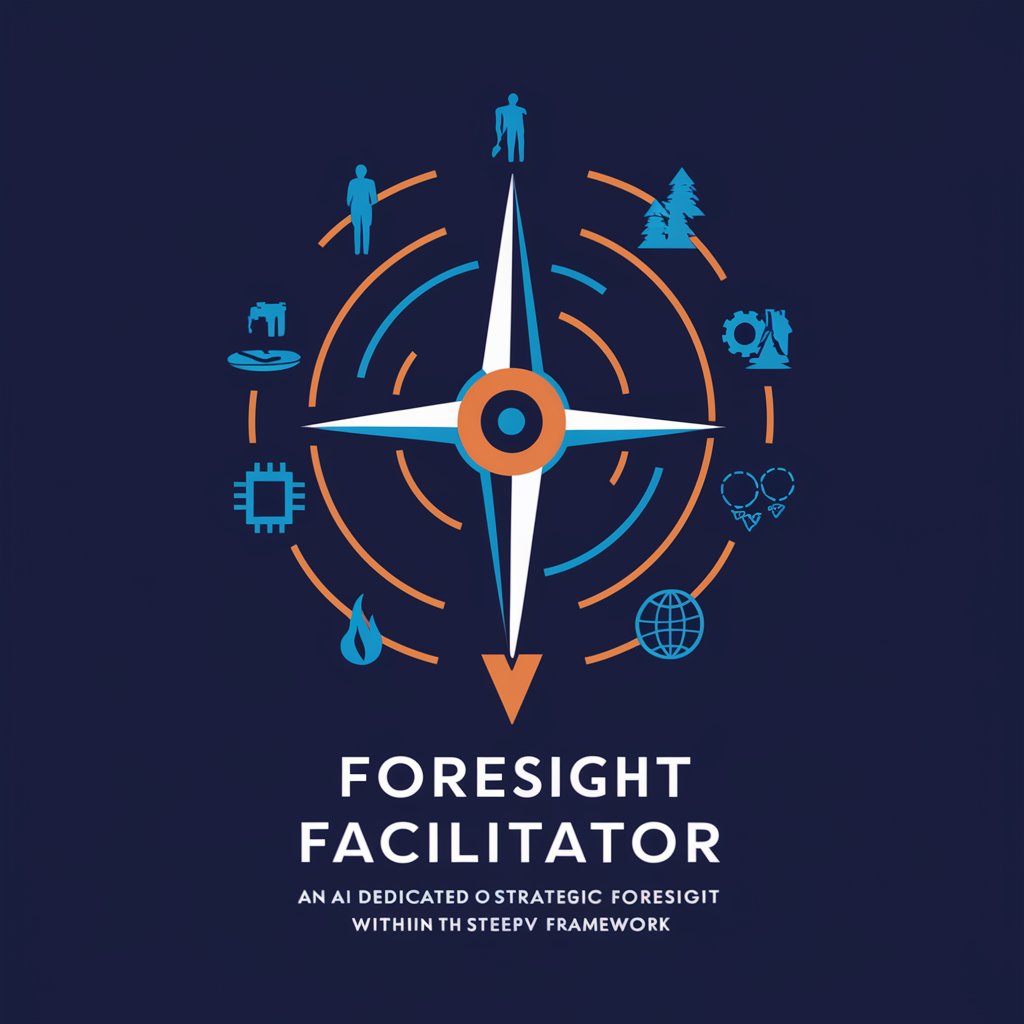
Vintner Scholar
Master Wine with AI-Powered Guidance

Análisis Forense de Drones "Dron Forensics"
Expert drone data deciphering, powered by AI.

History Game
Explore History, Shape Your Story

Automatic GPT Generator
Empower Your Ideas with AI
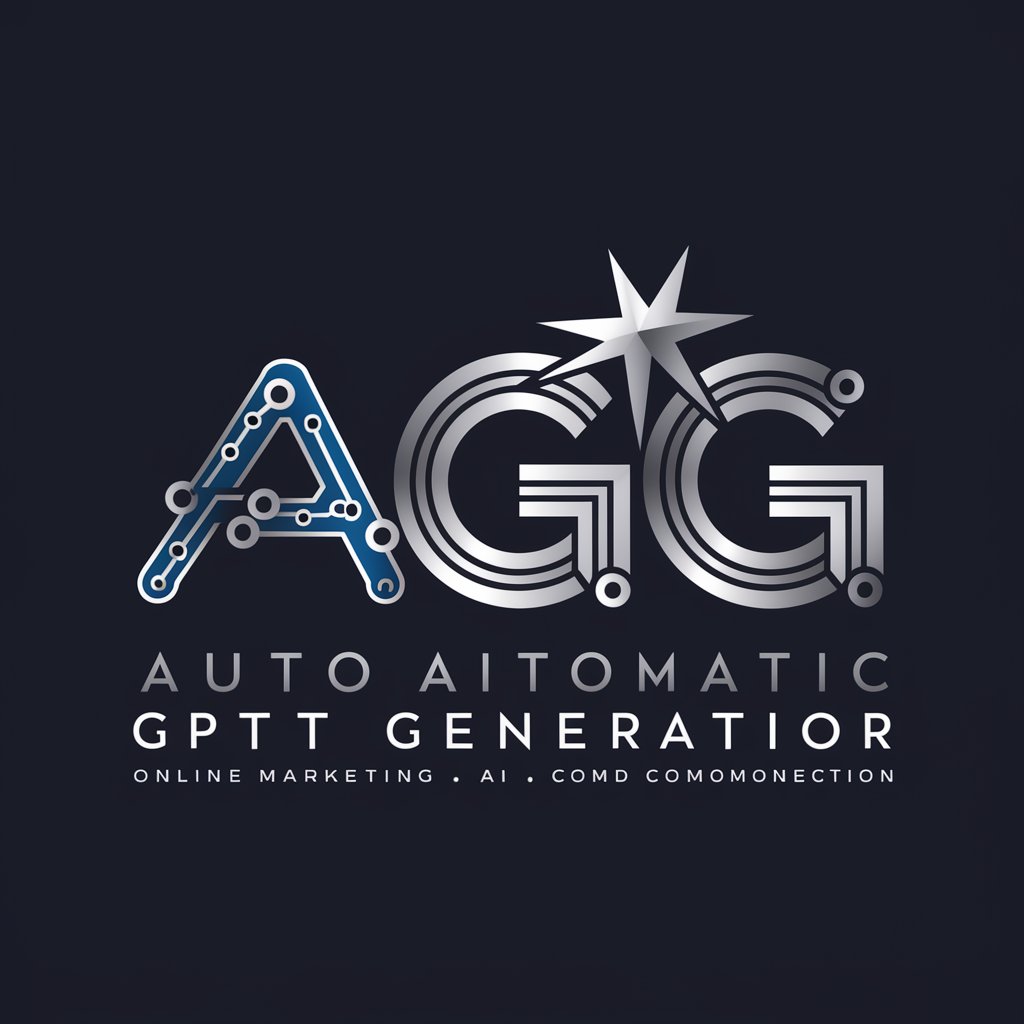
Ceremony
Reviving ancient wisdom through AI
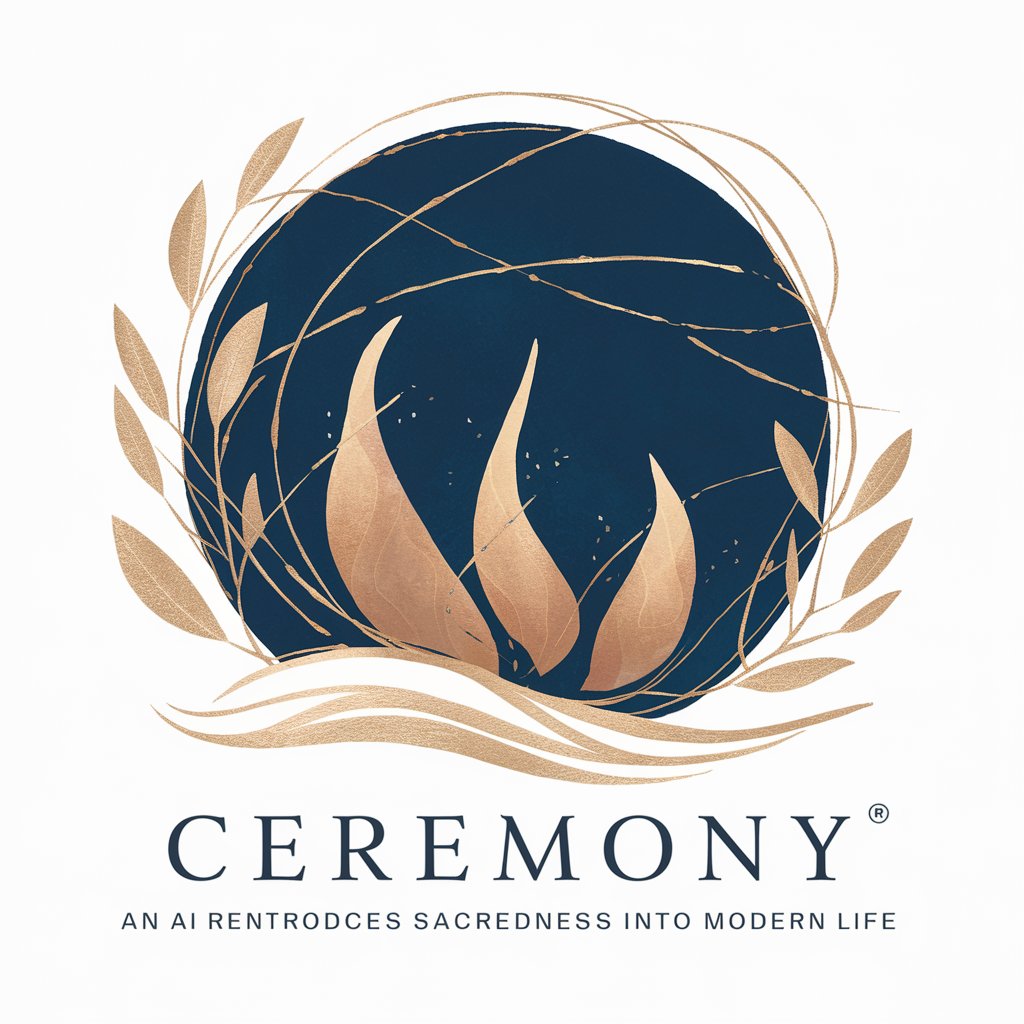
Apostar na LOTERIA (CEF)
Maximize your lottery potential with AI-driven insights.

Agent Advocate GPT
Empowering Real Estate Decisions with AI

FAQs on Reformed Christianity
What is Reformed Christianity?
Reformed Christianity is a branch of Protestantism that emphasizes the sovereignty of God, salvation by grace alone through faith alone, and the authority of the Bible as the word of God. It is rooted in the teachings of the 16th-century Reformation.
How does Reformed Christianity interpret Scripture?
Reformed Christianity interprets Scripture through a lens that emphasizes God's sovereignty, the fallen state of humanity, and the necessity of Christ's atoning sacrifice. It employs a grammatical-historical approach, seeking to understand the text within its original context.
Can Reformed Christianity help with sermon preparation?
Yes, Reformed Christianity can be an invaluable resource for sermon preparation, offering insights into biblical exegesis, doctrinal clarity, and application of Reformed principles to contemporary issues.
How does Reformed Christianity view the sacraments?
Reformed Christianity views sacraments as means of grace, instituted by Christ. It traditionally recognizes two sacraments: baptism and the Lord's Supper, each as a sign and seal of the covenant of grace.
What are some major confessions in Reformed Christianity?
Major Reformed confessions include the Westminster Confession of Faith, the Belgic Confession, and the 1689 London Baptist Confession of Faith. These documents outline key doctrines and practices of Reformed faith.
